Keeping chickens: expert tips on how to get started
Keen to learn about keeping chickens in your garden? We've got the lowdown on everything you need to consider

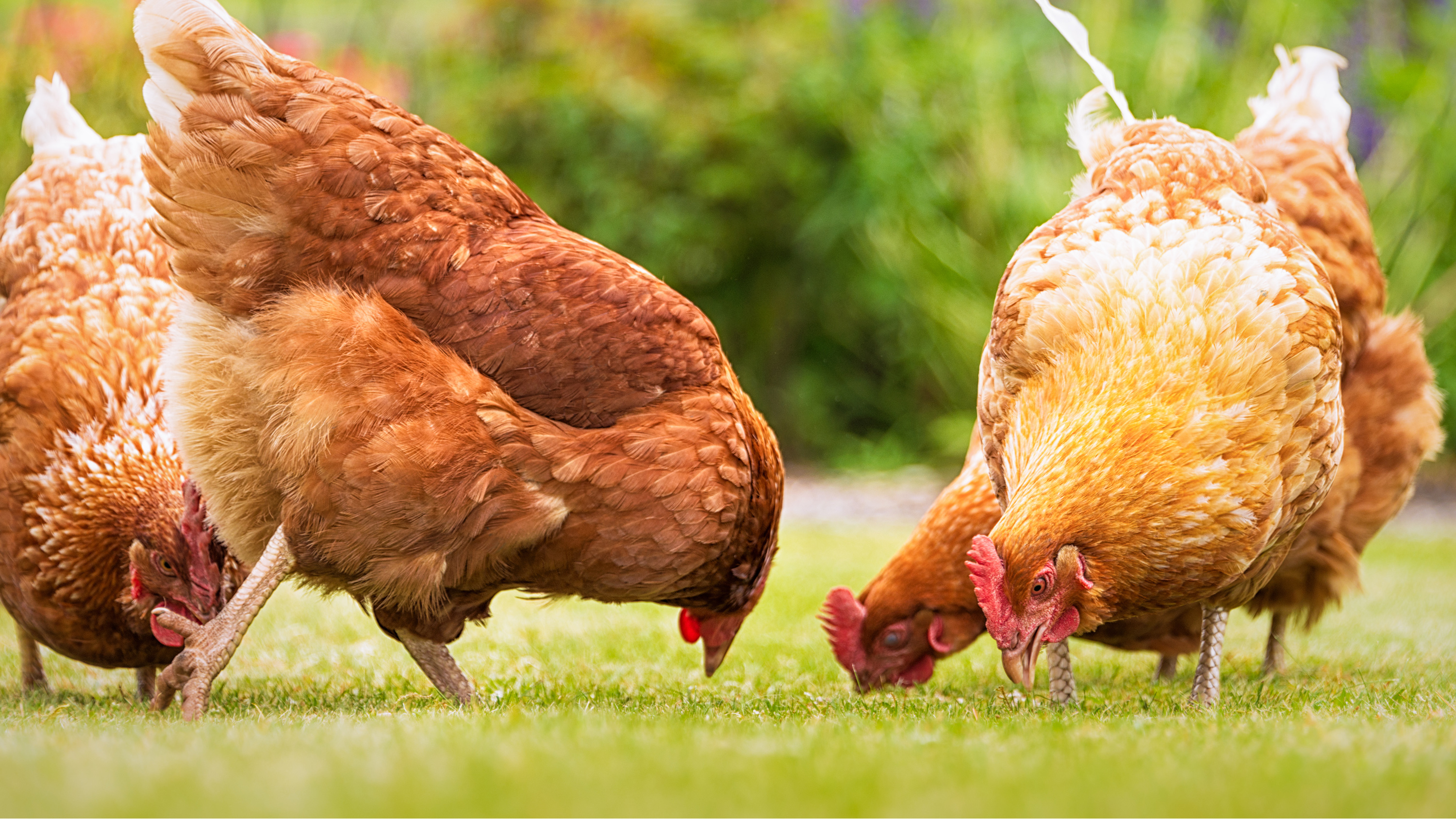
Keeping chickens as pets is something increasing numbers of people have been considering since lockdown, especially now that we're all spending more time at home. In recent months it seemed as though all who were able to were sowing seeds, nurturing sourdough starters and getting new pets, chickens included. Whether this instinct came from the supermarket shelves that were empty of eggs or the need many felt to devote their time to caring for something, the demand for pet chickens went through the roof. One rehoming charity received over 52,000 requests!
I was lucky enough to recently move into a house with a sturdy coop installed in the garden and we were already considering opening our home to hens, so when the opportunity came up to get a few from a local farm, we went for it and are quite happily obsessed with our new feathered family members.
So whether the kids have been pestering you to get some chickens for the garden (and you've finally caved to their requests) or you simply love the idea of caring for chickens and getting fresh eggs every day, we've put together our tops tips to help you get started. And if you want more inspiration on how to make your garden more nature friendly, there's plenty to consider in our wildlife garden ideas too.
What to think about before keeping chickens
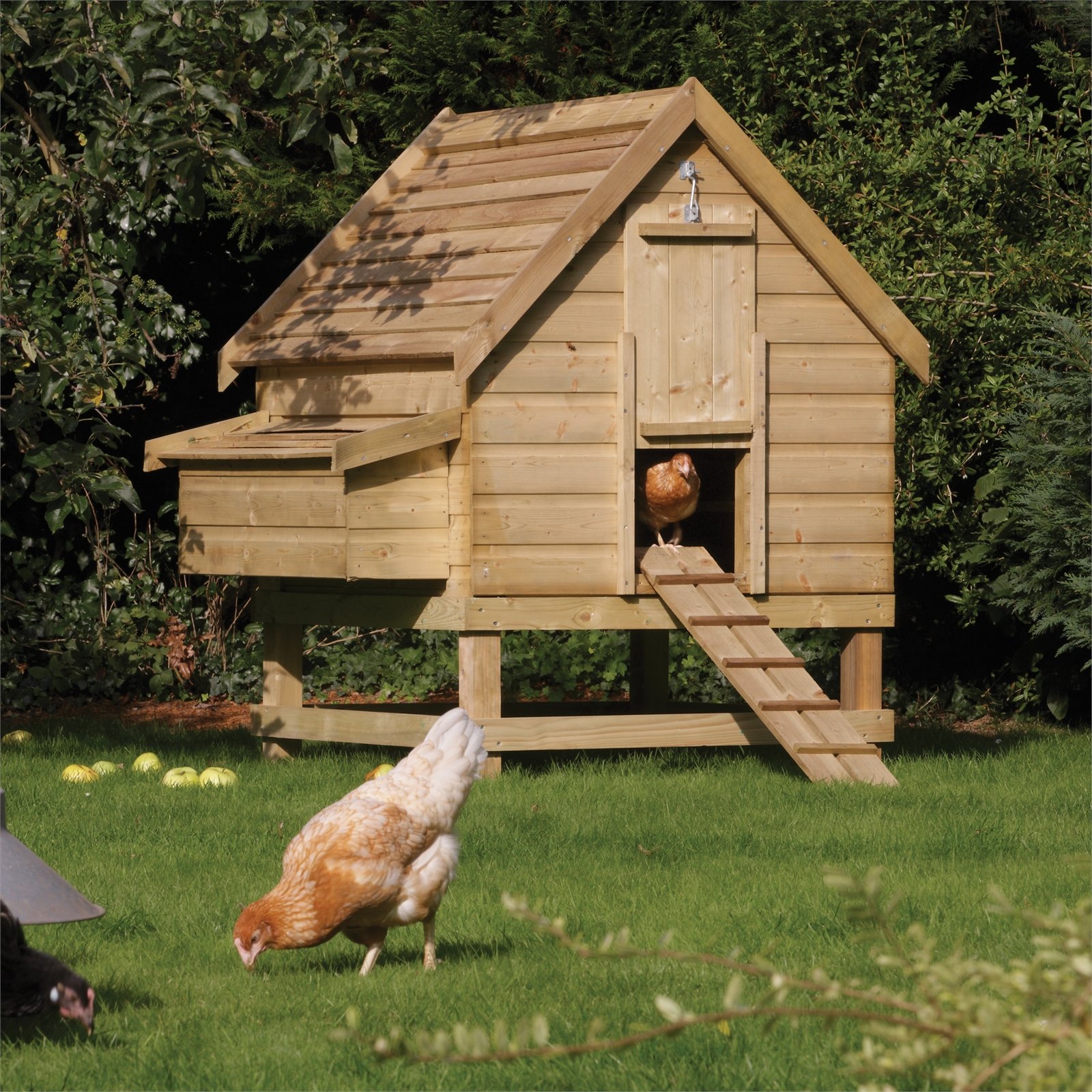
There are some really sad stories of people who rushed into getting chickens and then couldn’t handle caring for them, so it’s important to consider whether you’ve got the time and will to take care of your hens as they can live for quite a few years. If you’re going to be away for more than 24 hours, you’ll need to enlist a friend or a kindly neighbour to do the basics while you’re gone.
You also need to consider whether you have enough space to give your hens a healthy, safe place to live. The often quoted rule of thumb is that each hen needs a minimum of 1 square metre of space in the coop and 3 square metres of space in the run – but more space is always better.
We let our hens roam around the garden when we’re home as we’ve secured all the possible escape routes. We also don’t mind if they do a bit of damage (scratching around and destroying or eating our plants) but if you’re particular about your garden, you might find keeping chickens is too destructive for your lawn or herbaceous borders.
What do you need if you're keeping chickens as pets?
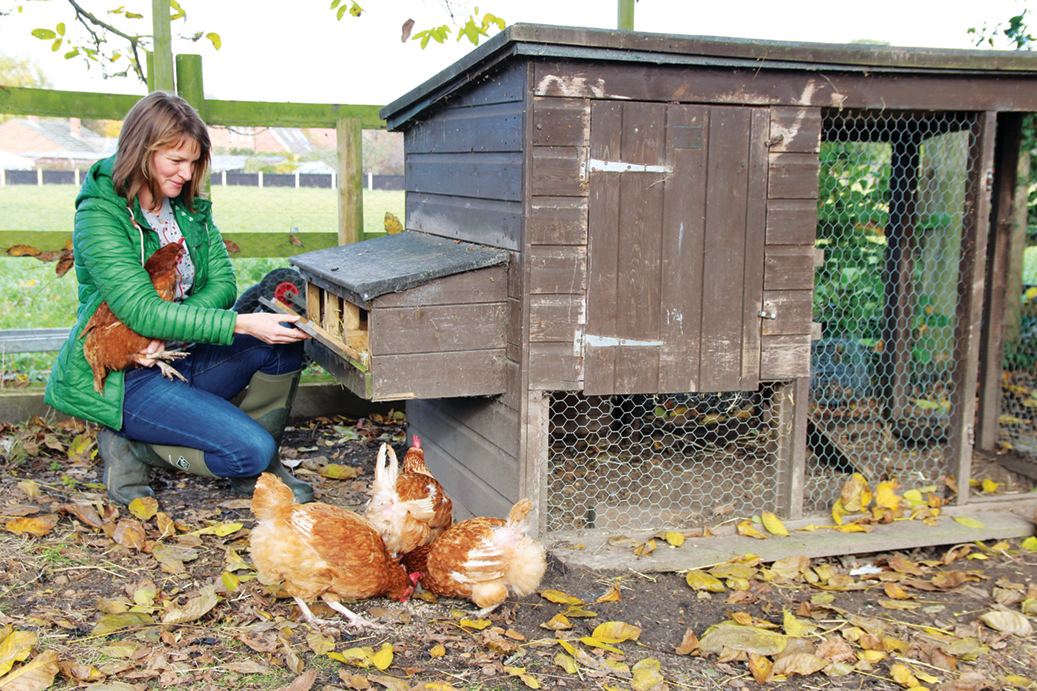
A living space for a back garden flock has three components: a hen house, a coop and a run. The hen house is a structure where your chickens will sleep and lay eggs so it needs to be sturdy and secure, and designed for both purposes. The coop is a secure enclosure where they’ll be safe from predators (mainly foxes) but able to roam around. The run extends their outside space so they have more freedom to explore, scratch around and find bugs to eat while staying in a penned off space.
After the first few nights of picking up your hens and placing them inside the hen house, they’ll soon learn where they’re supposed to sleep and will take themselves off to bed as the sun goes down. You will need to close the hen house door behind them at night and open it again in the morning. We currently do this manually, although it is possible to install an automatic door opener that is set by time or to respond to light levels.
Where to source your chickens
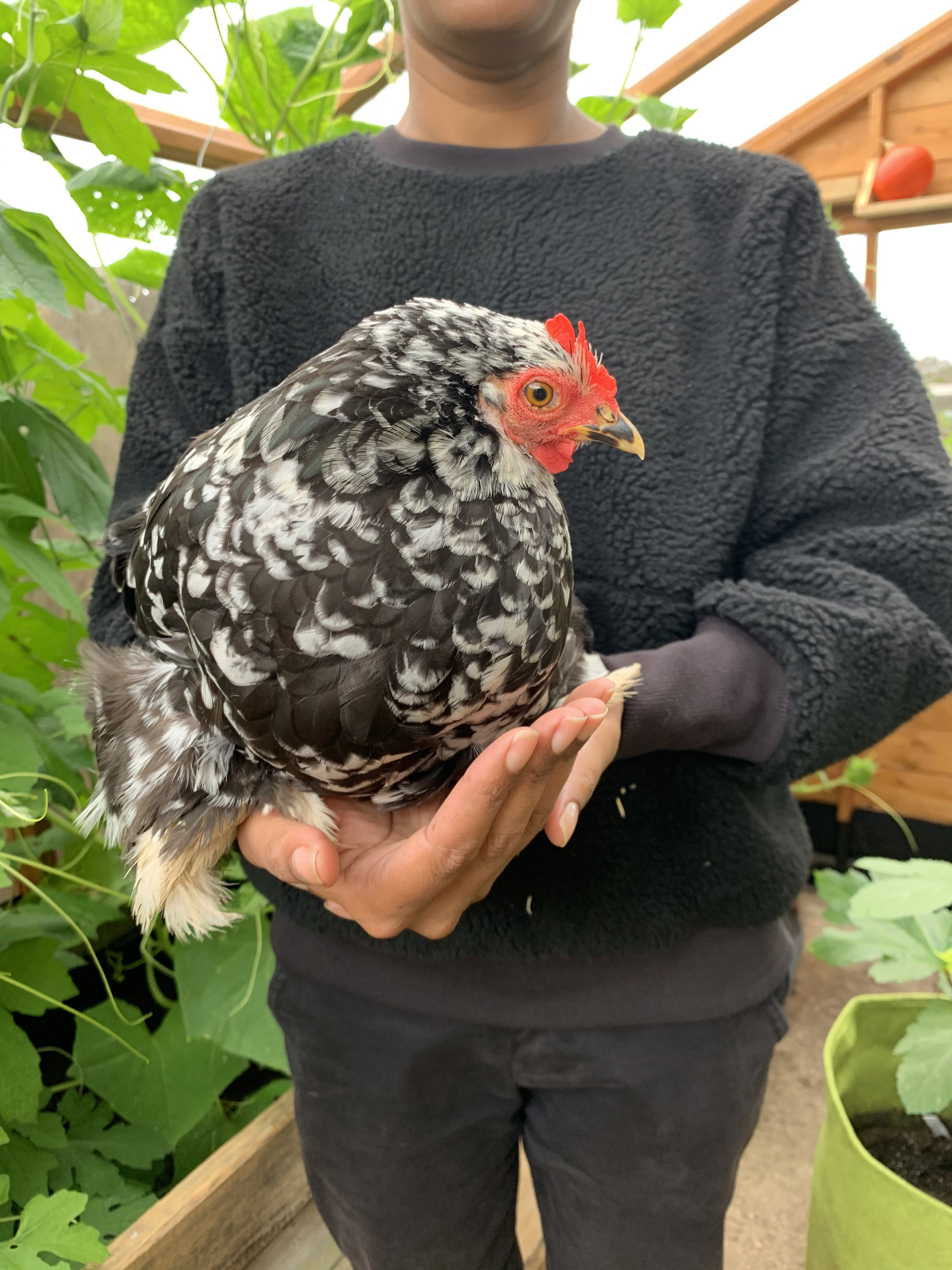
As a newbie, I would recommend starting your chicken keeping journey with pullets, which are hens that have been raised from chicks by an experienced keeper and come to you when they’re over at least six weeks old (ours arrived at 13 weeks). We decided to get Pekin Bantams, which are a small, ornamental breed that lay fewer eggs but do less damage in the garden – and we sourced ours from a farm that specialises in breeding these hens.
Chickens are social animals and prefer to live with others so get at least three hens to begin with. I’d suggest not getting a cockerel when starting out – although they will protect the flock and maintain the pecking order, they’re another mouth to feed and can sometimes be aggressive and very noisy.
There’s also a few charities who re-home hens rescued from factory farms and although these chickens may look worse for wear in the beginning, there’s something just wonderful about giving an ex-battery hen a lovely home for the rest of its life.
Are chickens easy to keep?
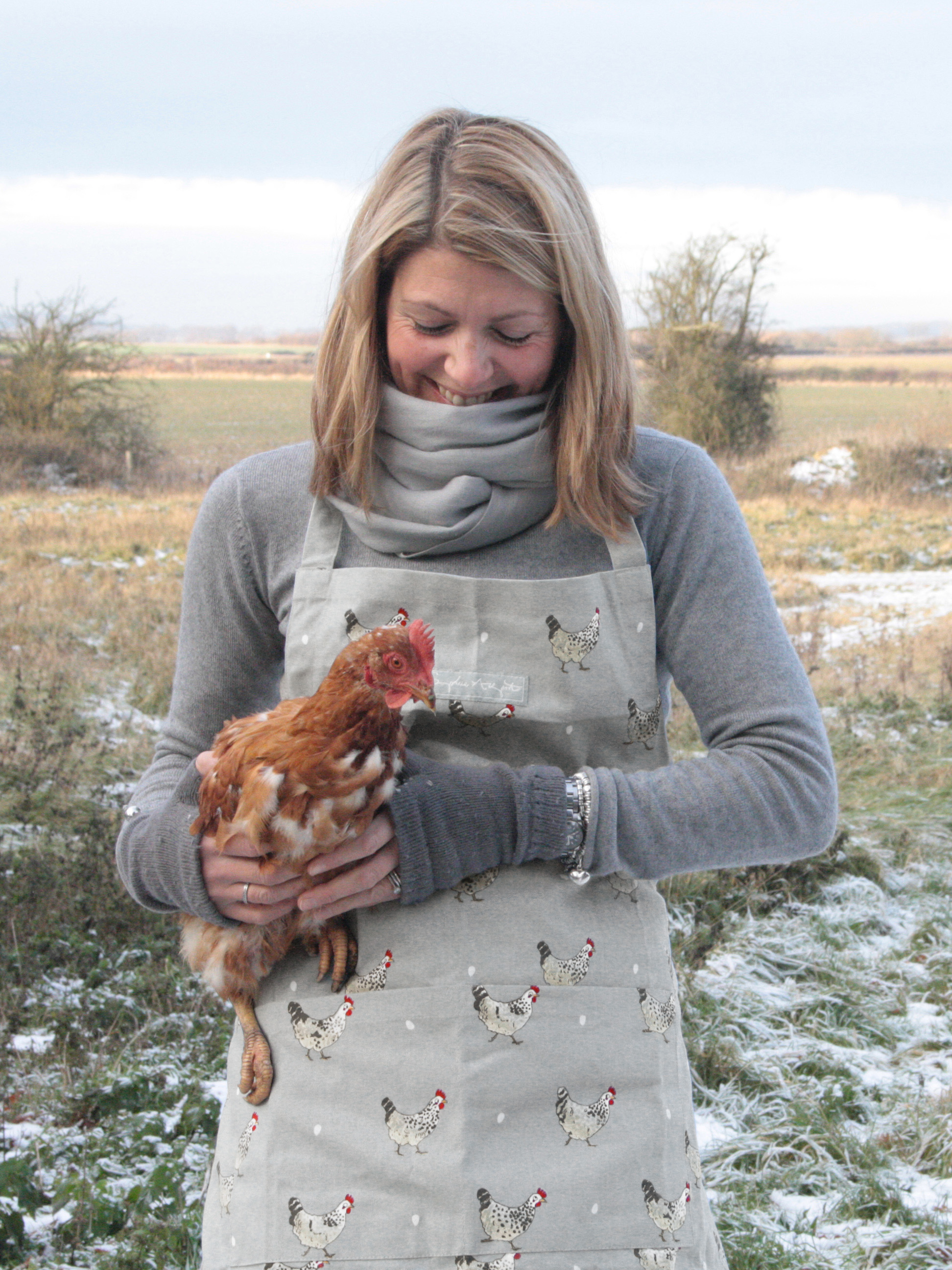
Like any pet, chickens will need looking after on a daily basis to ensure they remain looked after and in good health.
Food
While chickens are excellent foragers and will spend the day scratching around for bugs, they need the right food to stay healthy and lay eggs. Pullets need to be fed ‘growers pellets’ while they’re still growing as its higher in protein. When your hens reach 18 weeks old, they can be moved onto ‘layers pellets’ which gives them what they need to be healthy and lay eggs regularly. Chickens love a treat – like corn or mealworms – but try to keep those for the afternoon and no more than 5% of their diet.
Provide grit for your chickens to peck at as this aids digestion. Also oyster shells will keep their calcium levels topped up which is the main mineral they need to form eggshells. And of course, your hens need access to a fresh, clean water supply at all times.
Bedding
Straw, cardboard and wood chip all make suitable bedding material for the hen house as they are dust free and absorbent. Once a week, you’ll need to clear and replace the bedding and I’d highly recommend adding it to a compost heap. Read our guide on how to compost for more advice on what you can and can't add to a compost heap.
How many eggs will I get from my chickens?
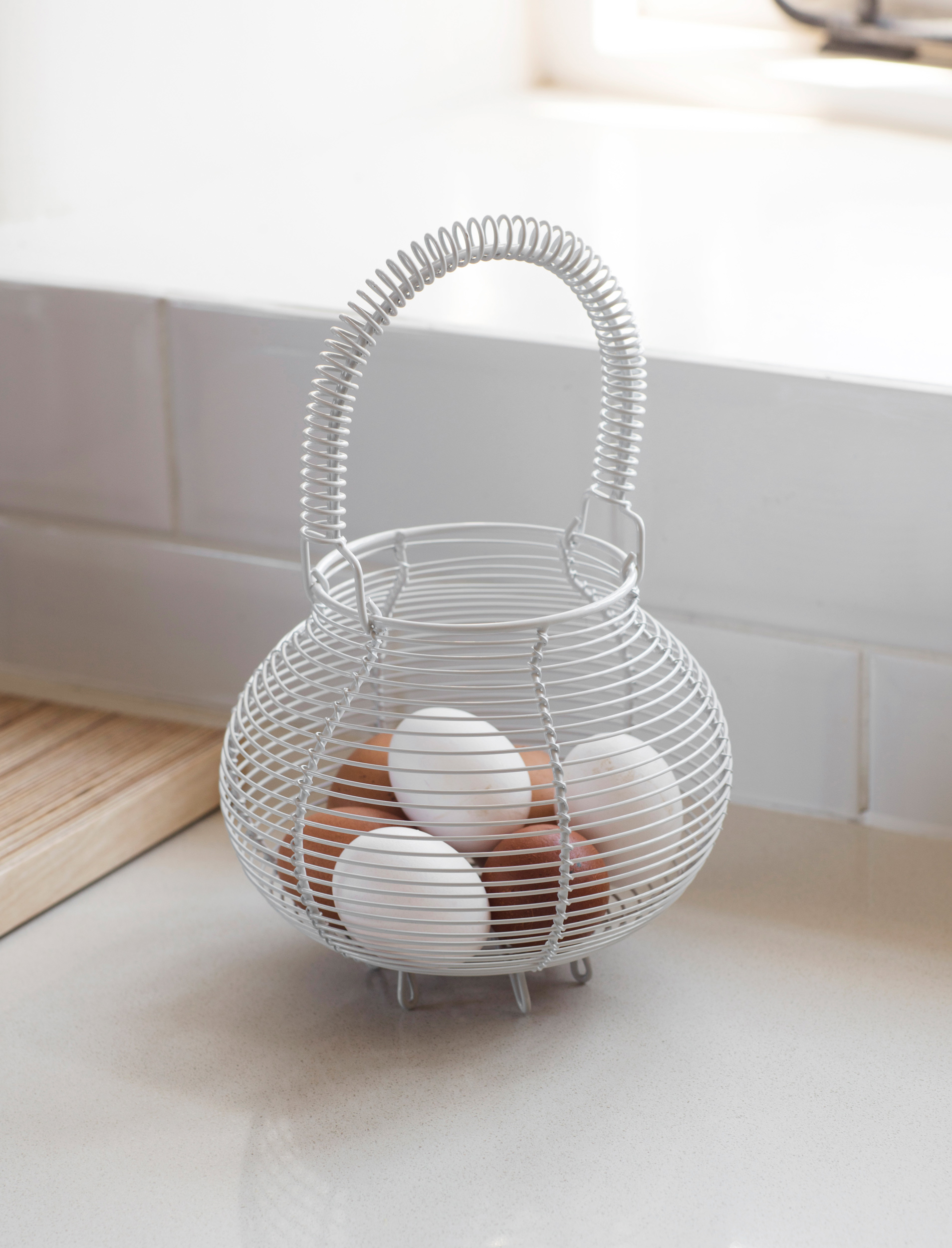
Depending on the breed, your hens will start laying at around 18 weeks and certain breeds will lay an egg a day. Mature chickens start to lay in the spring when the amount of daylight reaches 14 hours a day. They may naturally take a break from laying over winter to conserve energy during the colder weather.
Problems to look out for when keeping chickens
The two main pests that your chickens may encounter are red mites (mostly in the summer) and worms (mostly in wet winters).
Red mites are blood sucking insects that chickens can manage when their numbers are low but should the population increase, this can affect the chickens’ health. A paler than usual comb and refusal to sleep in the hen house are both signs that there’s an infestation as chickens won’t want to sleep where they’re being bitten. Deter red mites by changing bedding regularly, using wood chip and dusting the cracks of the house with diatomaceous earth.
Chickens also live with a certain number of worms in their digestive system but – as with red mites – when their population grows, they can become a problem. A chicken suffering with worms will tend to stay in one spot, hunched over and produce runny, yellow poo sometimes containing worms. It’s important to give your hens enough space to roam and keep grass cut short so that any worms that are present are killed by the sun’s UV rays. Natural remedies include adding apple cider vinegar to their water, feeding them a little raw garlic every few weeks and providing squash seeds for them to eat. If these preventative measures don’t work, then your chicken will need worming medication.
Follow these general tips, however, and you'll soon have a happy brood of chickens in your garden to care for.
More to read:
- Garden ideas for kids: keep them entertained outdoors
- How to create a bug hotel
- Top tips on how to create an eco-friendly garden

Claire is an organic food grower and writer based in East Sussex. She's grown edible plants in a variety of roles from growing organic vegetables for the Ottolenghi restaurant, Rovi to delivering growing workshops throughout London to audiences including primary schools, community centres and corporate clients. Her first book, How To Grow Your Dinner Without Leaving The House, is out now.
